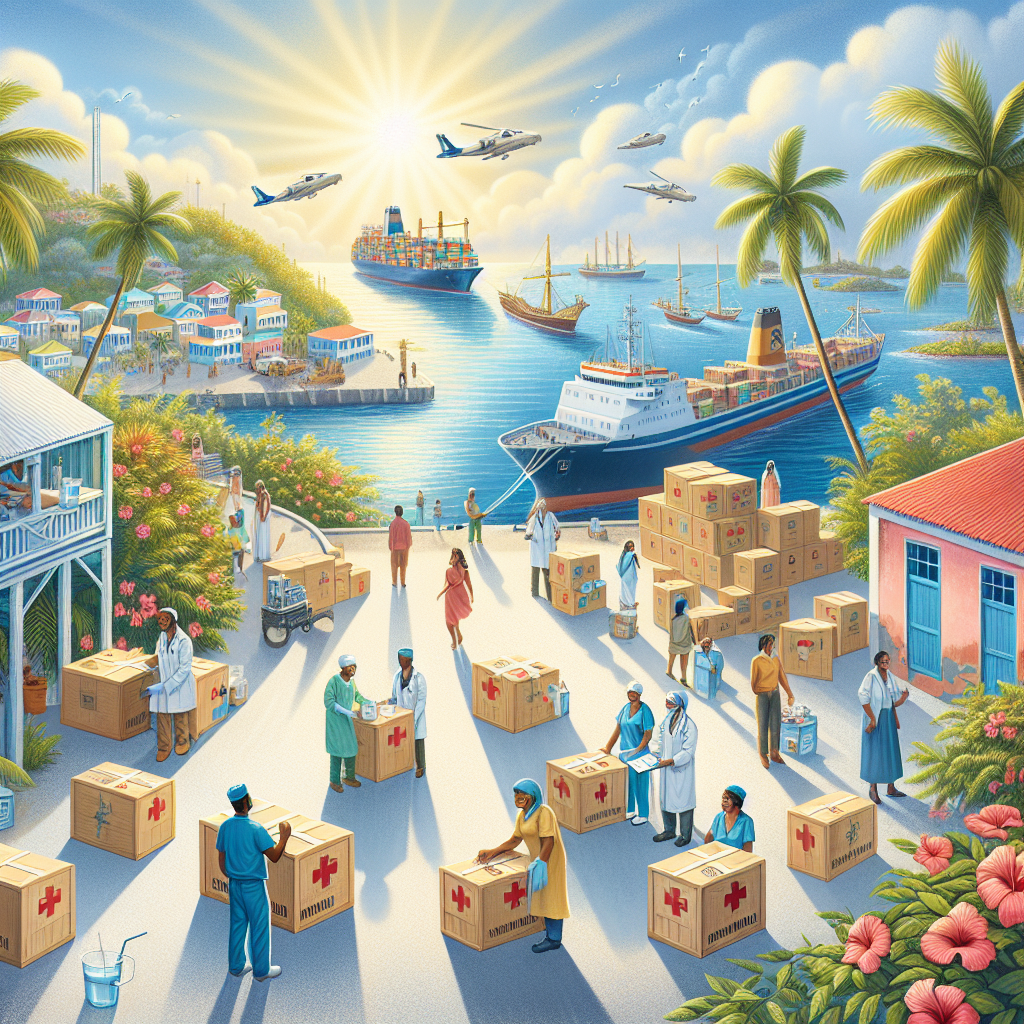Import niezatwierdzonych leków na Kajmany
Import leków na Kajmany
 Zobacz wersję angielską
Zobacz wersję angielską
Import niezatwierdzonych leków ratujących życie na Kajmany
Zgodnie z ustawą o lekach (2016) obowiązującą na Kajmanach, import leków na własny użytek podlega surowym przepisom mającym na celu zapewnienie bezpieczeństwa i dobrobytu społeczeństwa. Gdy lek ratujący życie jest niezatwierdzony lub niedostępny lokalnie, osoby fizyczne mogą starać się o jego import na określonych warunkach. Niniejszy dokument przedstawia wymogi i procedury importu takich leków do użytku osobistego.
Zrozumienie ustawy o lekach (2016)
Ustawa o lekach (2016) ustanawia ramy prawne dla regulacji leków na Kajmanach. Nadzoruje import, dystrybucję, sprzedaż i stosowanie produktów leczniczych w celu ochrony zdrowia publicznego. Prawo jest egzekwowane przez Radę Farmacji i inne odpowiednie organy, które zapewniają zgodność ze standardami bezpieczeństwa.
Wymogi dotyczące importu niezatwierdzonych leków
1. Konieczność medyczna
Lek musi być uznany za ratujący życie lub niezbędny dla zdrowia danej osoby. Zarejestrowany lekarz na Kajmanach powinien dostarczyć dokumentację potwierdzającą medyczną konieczność stosowania niezatwierdzonego lub niedostępnego leku.
2. Recepta od licencjonowanego lekarza
Wymagana jest oficjalna recepta wystawiona przez licencjonowanego lekarza. Recepta powinna zawierać szczegółowe informacje na temat leku, dawkowania i leczonego schorzenia.
3. Autoryzacja importu
Osoby fizyczne muszą uzyskać zezwolenie od Rady Farmacji lub odpowiedniego organu regulacyjnego. Obejmuje to złożenie wniosku zawierającego dokumentację medyczną i szczegółowe informacje na temat importowanego leku.
Proces aplikacji
1. Konsultacja z lekarzem medycyny
Pierwszym krokiem jest konsultacja z zarejestrowanym lekarzem na Kajmanach. Lekarz oceni stan zdrowia i określi, czy niezatwierdzony lek jest konieczny. Przedstawi on receptę i pismo uzasadniające import.
2. Złożenie wniosku
Wniosek należy złożyć do Rady Farmacji lub wyznaczonego organu. Wniosek powinien zawierać:
- Wypełniony formularz zgłoszeniowy
- Recepta od licencjonowanego lekarza
- Pismo o konieczności medycznej
- Szczegóły dotyczące leku (nazwa, producent, dawka, ilość)
- Informacje o dostawcy lub zagranicznej aptece
3. Przegląd i zatwierdzenie
Organ regulacyjny dokona przeglądu wniosku, aby upewnić się, że jest on zgodny z ustawą o lekach (2016). Zatwierdzenie następuje na podstawie konieczności medycznej i zgodności z przepisami bezpieczeństwa. Osoba fizyczna otrzyma zezwolenie na import, jeśli wniosek zostanie zatwierdzony.
Procedury celne
Po otrzymaniu zezwolenia na przywóz osoba fizyczna musi przestrzegać przepisów celnych:
- Deklaracja leku w punkcie wejścia
- Przedstawić zezwolenie na przywóz i dokumentację uzupełniającą urzędnikom celnym
- Upewnij się, że lek znajduje się w oryginalnym opakowaniu i jest odpowiednio oznakowany.
Ograniczenia i rozważania
Limity ilości
Import jest zazwyczaj ograniczony do ilości wystarczającej do użytku osobistego w określonym okresie, zwykle nieprzekraczającym trzech miesięcy. Nadmierne ilości mogą być zabronione lub podlegać dodatkowej kontroli.
Substancje zabronione
Import niektórych substancji może być zabroniony, nawet do użytku osobistego. Należą do nich narkotyki kontrolowane na mocy konwencji międzynarodowych lub substancje zakazane przez lokalne przepisy.
Dokumentacja
Cała dokumentacja musi być autentyczna i dokładna. Podanie nieprawdziwych informacji lub fałszywych dokumentów stanowi poważne przestępstwo zgodnie z ustawą o lekach (2016).
Odpowiedzialność jednostki
Osoby importujące leki na własny użytek są odpowiedzialne za zapewnienie zgodności ze wszystkimi wymogami prawnymi. Obejmuje to:
- Uzyskanie niezbędnych ocen medycznych i recept
- Składanie kompletnych i dokładnych wniosków
- Upewnienie się, że lek pochodzi od renomowanych dostawców.
- Przestrzeganie instrukcji przechowywania i użytkowania
Potencjalne zagrożenia
Importowanie niezatwierdzonych leków wiąże się z potencjalnym ryzykiem:
- Obawy dotyczące bezpieczeństwa: Niezatwierdzone leki mogły nie zostać ocenione pod kątem bezpieczeństwa i skuteczności.
- Zapewnienie jakości: Istnieje ryzyko produktów podrobionych lub niespełniających norm.
- Konsekwencje prawne: Nieprzestrzeganie przepisów importowych może skutkować sankcjami prawnymi.
Wnioski
Import niezatwierdzonych lub niedostępnych leków ratujących życie na Kajmany do użytku osobistego jest regulowanym procesem mającym na celu ochronę zdrowia publicznego. Postępując zgodnie z wytycznymi określonymi w ustawie o lekach (2016) i ściśle współpracując z lekarzami i organami regulacyjnymi, osoby fizyczne mogą uzyskać dostęp do niezbędnych leków, zapewniając jednocześnie zgodność z prawem.

